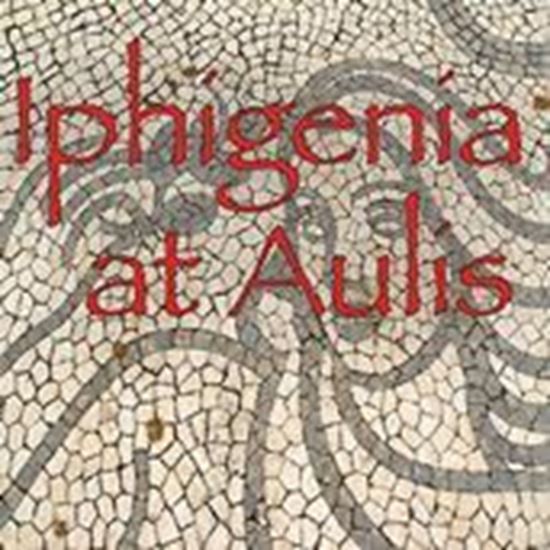
Iphigenia at Aulis
Adapted by Philip Lerman From the classic by Euripides. The scene is the port city of Aulis, where the Grecian army waits to embark on the conquest of Troy. The army’s commander, Agamemnon, has been forced to offer his young daughter, Iphigenia, as a martyr to ensure victory in the coming war. Valiant efforts by her mother, Clytemnestra, and the Grecian hero, Achilles, to prevent the sacrifice have proven futile. Iphigenia is left to choose between a war she abhors and violent civil unrest in Greece if the war is aborted. Concluding that the welfare of her country is at stake, Iphigenia goes to meet her fate, explaining to all, “I am not a martyr for the war that is coming. I am merely its first casualty.” With this modern, easy-to-stage adaptation, actors can ease into the unfamiliar world of Greek tragedy. Actors can perform these classic roles as if the characters might be our contemporaries, thereby showing the terrible waste of war in more contemporary terms. Performance time: About 30 minutes.
Productions
Behind The Scenes
Philip Lerman Talks About His Adaptations of
IPHIGENIA AT AULIS and THE TROJAN WOMEN
Q: WHAT INSPIRED YOU TO WRITE THESE ADAPTATIONS?
A: In 1998 I started a theatre company that would offer students hands-on experience to serious works of drama. These amateur actors wanted to perform classics. Modern plays tend to be more topical, built around a particular event. These are larger plays that teach larger lessons. The ethical problems remain true to life.
Q: WHAT'S YOUR FAVORITE PART OR LINE IN THE ADAPTATIONS?
Every part and line.
Q: WHAT WAS THE HARDEST PART IN CREATING THESE ADAPTATIONS?
A: Typing the scripts!
Q: WHAT DID YOU TRY TO ACHIEVE WITH THESE ADAPTATIONS?
A: Simplified modern versions that makes the classics more accessible.
Q: DO YOU HAVE ANYTHING ELSE YOU'D LIKE TO ADD?
A: I believe these adaptations remain true to the dramatic intent of the original classic.
